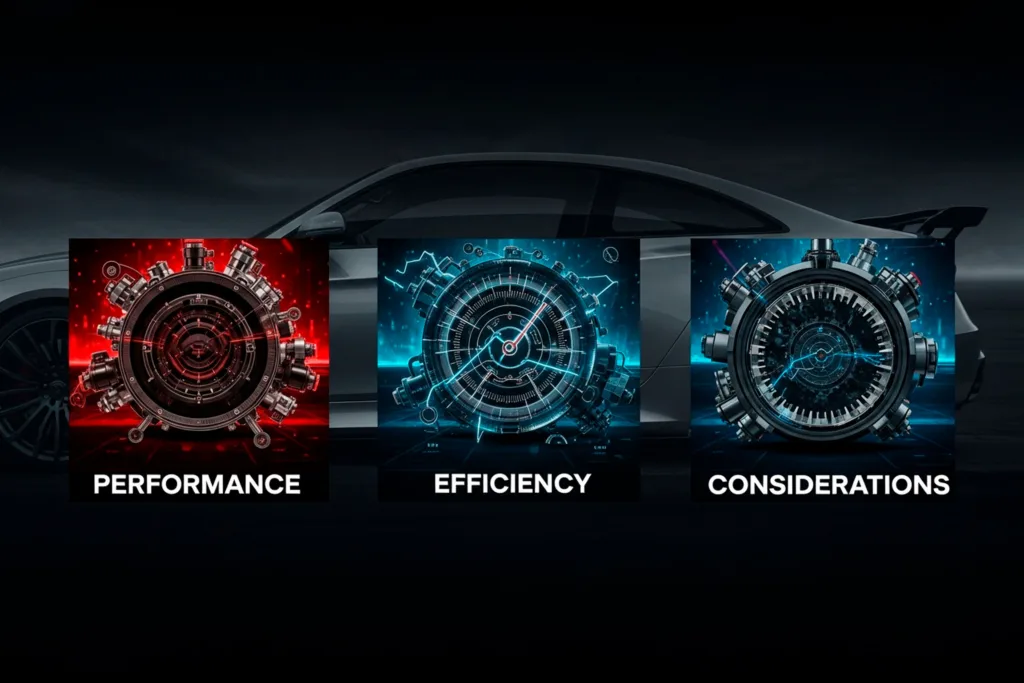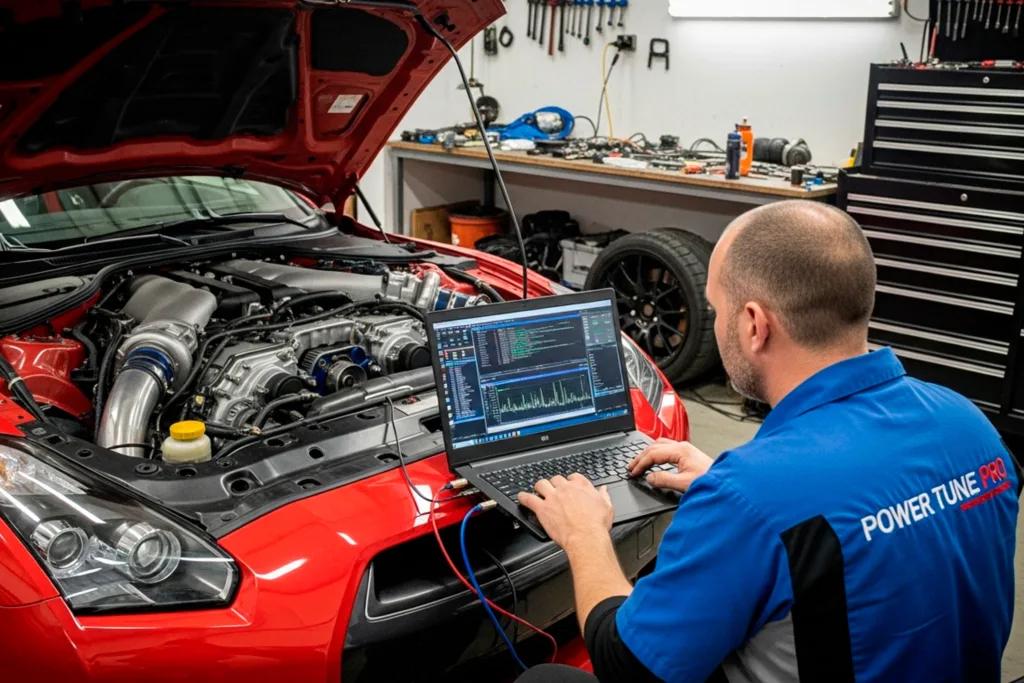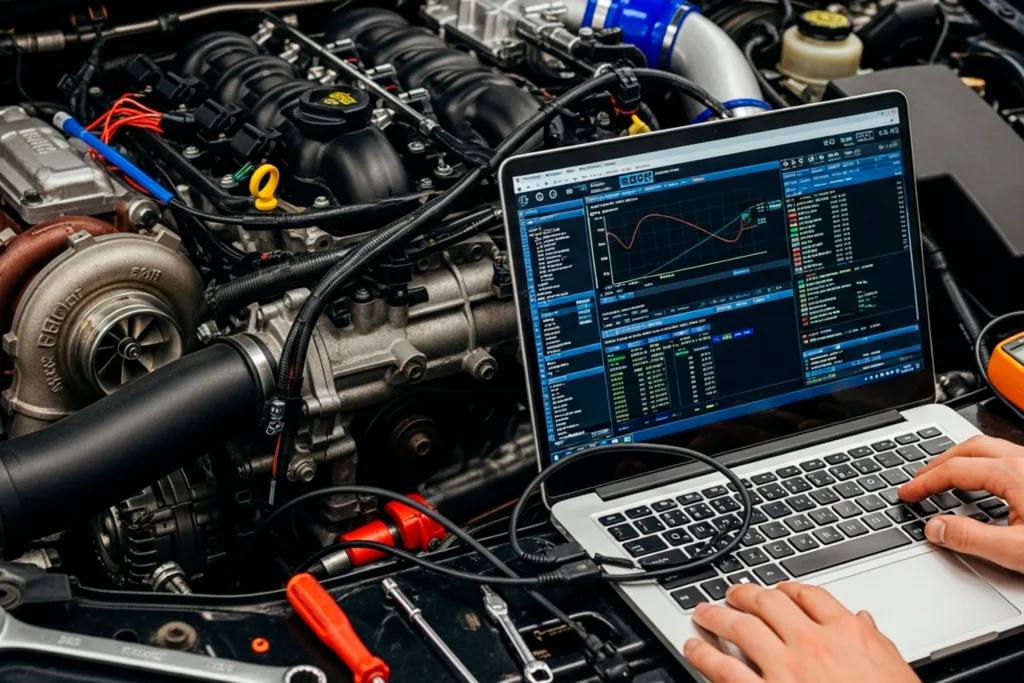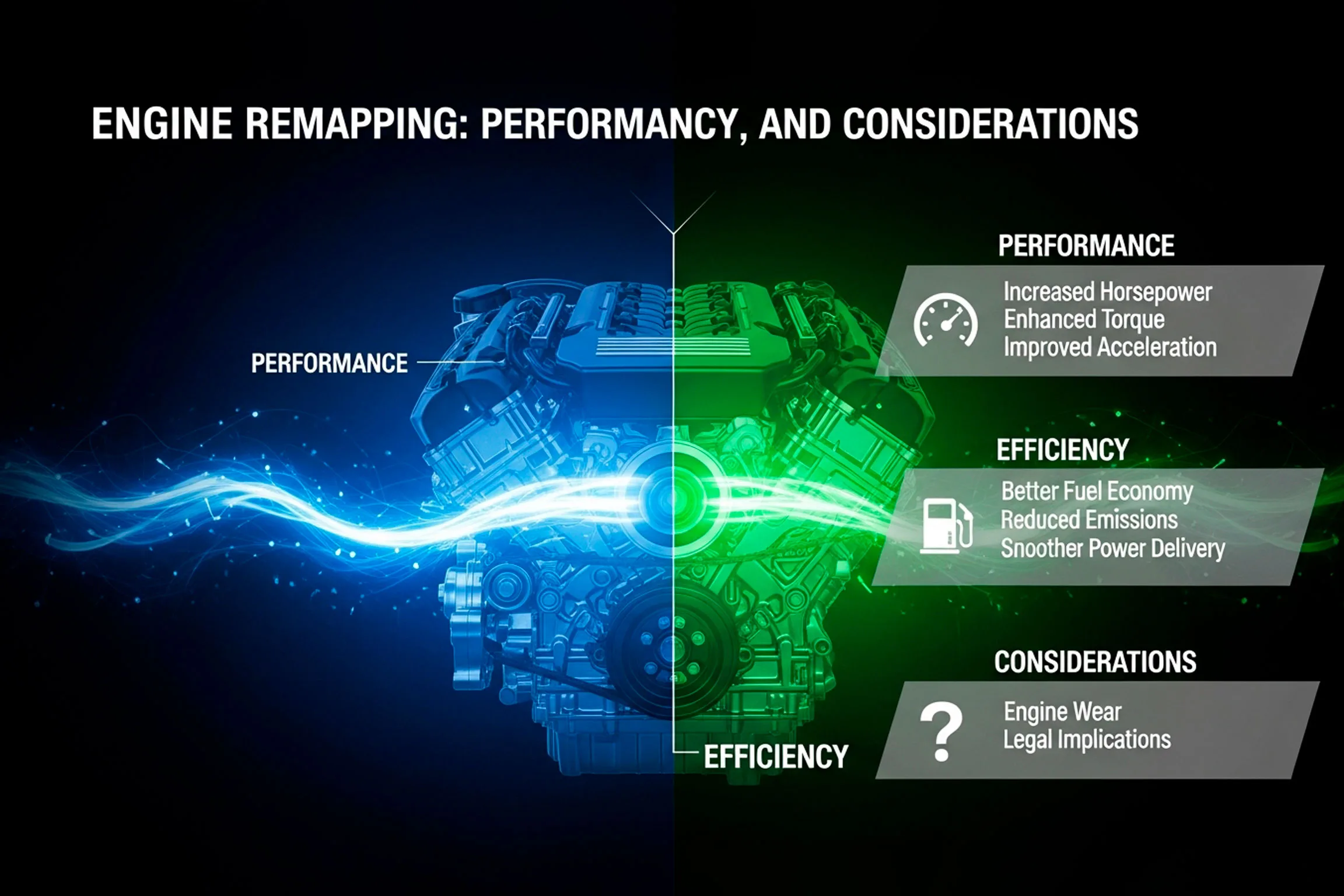Engine remapping has emerged as a widely adopted practice among both performance enthusiasts and everyday motorists seeking to refine their driving experience. By recalibrating the software within a vehicle’s electronic control unit (ECU), remapping can unlock more precise power output, improved fuel efficiency, and enhanced throttle responsiveness, tailored to the engine’s true potential.

What Is Engine Remapping?
At its core, engine remapping involves rewriting the ECU’s default software settings. Manufacturers often program vehicles with default maps designed to meet broad regulatory and environmental requirements around the world. By altering these parameters, specialists can unlock more torque, improved horsepower, and smoother driving dynamics tailored to the driver’s needs.

Benefits of Engine Remapping
Drivers pursue engine remapping for various reasons:
- Increased Power: Adjusted ECU settings can release additional horsepower and torque, improving acceleration and top-end speed.
- Better Fuel Economy: In certain remaps, especially for diesel cars, efficiency can increase by optimizing fuel injection and ignition timing.
- Enhanced Drivability: Smoother throttle response and better pulling power at low revs improve daily driving comfort.
Potential Risks and Precautions
While the advantages of engine remapping can be appealing, not every vehicle or driver needs it. Incorrect tuning may place strain on the engine, transmission, or turbocharger, leading to long-term damage.
Additionally, remapping can sometimes void manufacturer warranties. For this reason, it’s essential to use certified specialists with proven experience in safe, reliable ECU programming.
Engine Remapping and Car Types
Different engines respond differently to tuning. Diesel engines often see the most dramatic improvements in both economy and performance, while turbocharged petrol engines gain stronger mid-range power. Naturally aspirated engines, however, may show less noticeable changes. Selecting the right provider for engine remapping ensures results are matched to the specific make and model.

The Future of Remapping
With the rise of hybrid and electric vehicles, the role of engine remapping is evolving. Electric vehicles don’t rely on traditional fuel-air combustion systems, but software adjustments can still influence torque delivery, acceleration curves, and battery efficiency. This indicates that remapping will remain relevant even in the next generation of automotive technology, though in more advanced digital forms.

Conclusion
Engine remapping offers a tailored approach to unlocking a vehicle’s hidden potential. When performed safely and professionally, it can improve power, efficiency, and the overall driving experience. However, like all modifications, it requires careful consideration of warranty, long-term reliability, and legality.
For drivers who value optimized performance, engine remapping stands out as one of the most effective upgrades available today.



